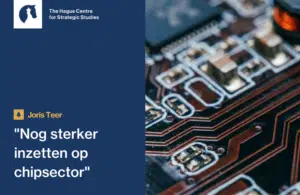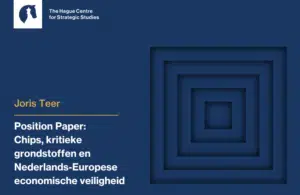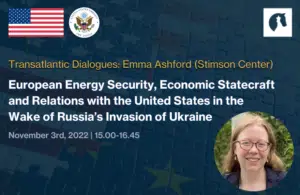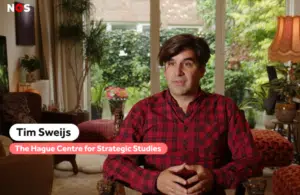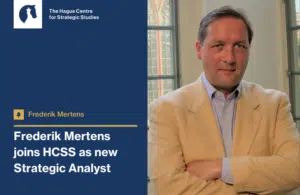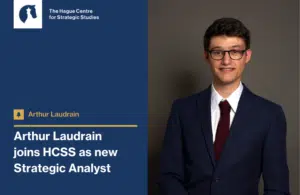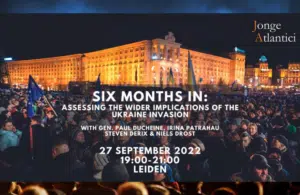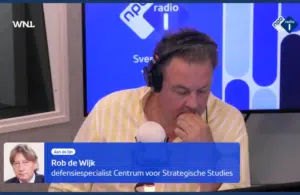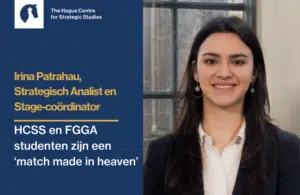Strategische Monitor Politie
HCSS verricht in opdracht van de Nederlandse politie het meerjarige onderzoeksprogramma Strategische Monitor Politie. Dit programma heeft tot doel een ‘van buiten naar binnen’ en toekomstgerichte blik op en duiding van relevante trends en ontwikkelingen te geven, om daarmee de strategievorming van de Nederlandse politie te ondersteunen.
Strategic Stability: Deterrence and Arms Control
Deterrence and arms control are often perceived to be in contradiction with one another, but they are in fact complementary. Deterrence is raising the costs and risks of unwanted actions by an adversary to dissuade them from taking those actions; arms control is finding common ground between adversaries on which costs and risks are acceptable and how states can achieve strategic stability. Questions of deterrence and arms control have become more complicated over the past decade, driven by intensified geopolitical competition in Asia and Europe, by emerging technologies, such as artificial intelligence and cyber capabilities, or refinements in existing technologies, such as ballistic, hypersonic, and cruise missiles. Unlike the bipolar Cold War, the US would now have to find common ground with both Russia and China. How Europe can shape a reinvigorated arms control regime is an open question, but one which HCSS seeks to answer in our Deterrence and Arms Control programme.
Foreign Information Manipulation and Interference (FIMI)
For as long as conflicts have taken place, information has shaped outcomes on and beyond the battlefield. Today, the rise of digital platforms, artificial intelligence, and evolving insights from cognitive psychology have only amplified the role of information in conflict. Foreign Information Manipulation and Interference (FIMI) has emerged as a persistent and increasingly sophisticated threat, blurring the line between wartime and peacetime, between military targets and civilian societies. From online disinformation campaigns to covert influence operations, FIMI exploits the openness of our information environment to destabilize, divide, and distort. To better understand this challenge, HCSS research aims to strengthen resilience, foster informed debate, and advance collective understanding of how information is (mis)used in the modern era.




